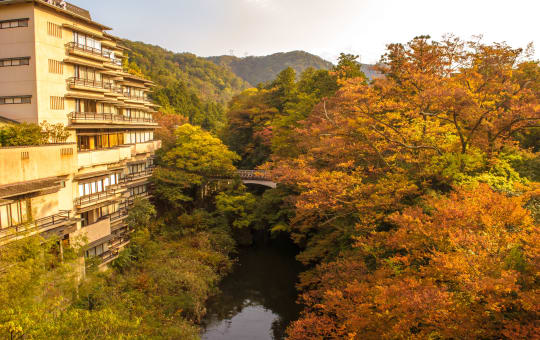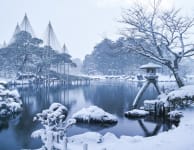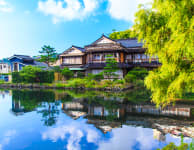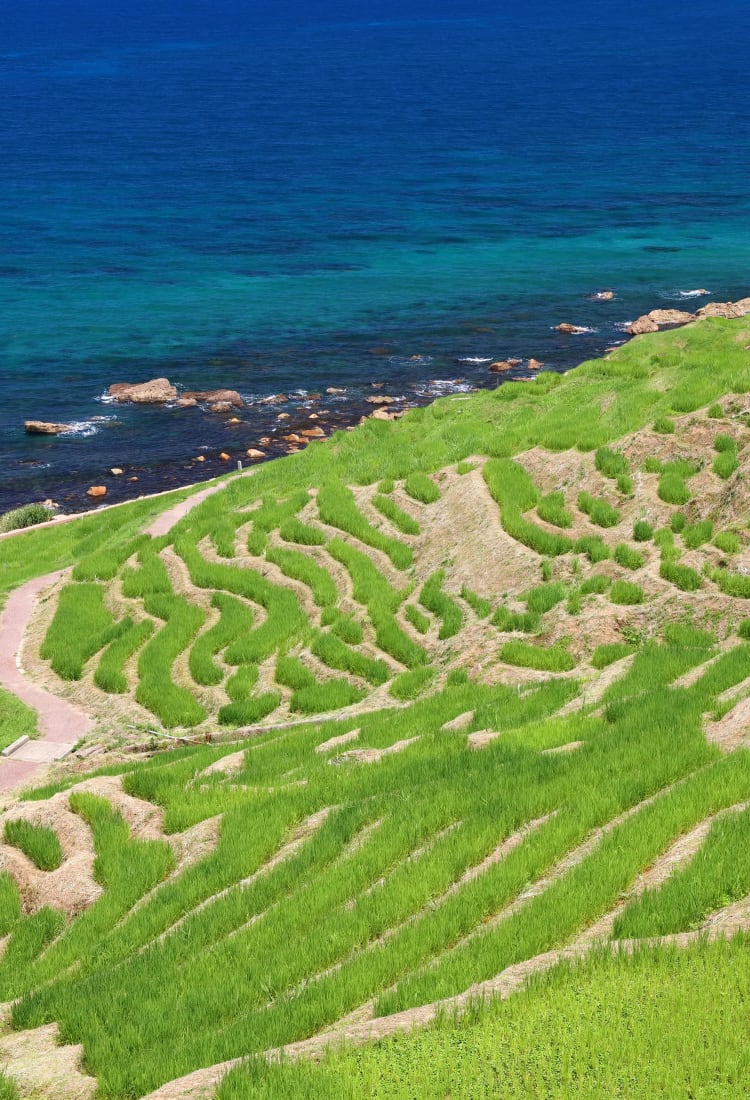

ISHIKAWA Noto Peninsula Explore fishing villages, terraced rice fields, and unrivaled coastal drives on Ishikawa's rugged northern peninsula
Explore fishing villages, terraced rice fields, and unrivaled coastal drives on Ishikawa's rugged northern peninsula
The Noto Peninsula is a 100-kilometer stretch of land that juts out into the sea, making up the northern area of Ishikawa Prefecture. A visit to Noto's beautiful beach, small fishing villages, and agricultural interior will mesmerize you and give you a new appreciation for slow-paced life.
Don't Miss
- Chatting with a friendly vendor at Wajima morning market
- The tantalizing Noto Kiriko festivals
- Looking out over the illuminated Senmaida rice fields at dusk
- Soaking in hot spring waters while overlooking the ocean
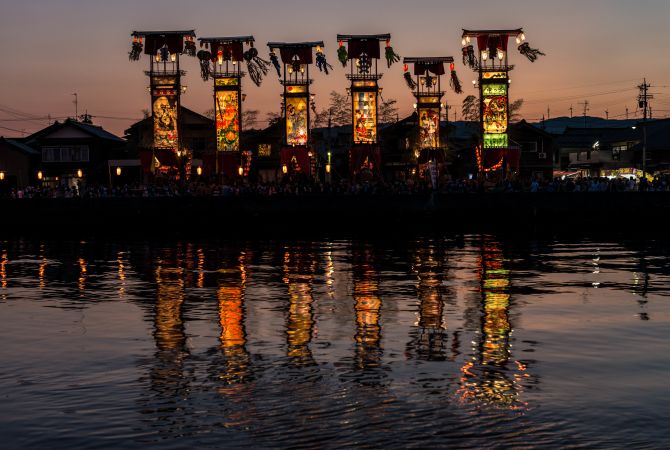

How to Get There
The most convenient route from Tokyo is a one-hour flight from Haneda Airport to Noto Airport. The area has a network of local trains and buses for getting around, but the most convenient way to explore Noto is by car.
From Tokyo:
There are two daily flights from Tokyo's Haneda Airport to Noto Airport. From the airport, you can rent a car from major Japanese car rental outlets. There are also buses that connect between Wajima and Anamizu.
By train, take the Hokuriku Shinkansen from Tokyo to Kanazawa. From there, connect to the JR Nanao line on a limited express train to Wakura Onsen. This course is covered by the JR Pass.
From Kanazawa:
Take the JR Nanao line limited express to Wakura Onsen. The journey takes one hour.
Alternatively, the Hokutetsu express bus connects Kanazawa to Wajima and takes about 2 to 2.5 hours.
Beaches, coastline, and geological rock formations
Along the coast of Noto, several stretches of beach offer visitors a place to take in the sea views.
Driving on the flat sands of Chirihama Beach on the southwest coast is sure to be great fun, and Koiji Beach in the north is a fantastic spot to enjoy the sunset.
The Ganmon Sea Cave, a geological rock formation created by the rough waters of the Sea of Japan, is a popular stop along any scenic drive or cycling tour.


The peninsula of festivals
Matsuri, or festivals, take place virtually every weekend somewhere in Noto from the spring to the fall.
The impressive three-day Seihakusai Dekayama Festival held in May is worth catching. In the summer, the heart-pumping Noto Kiriko Festivals , complete with their large lantern floats, will provide unforgettable memories of the exciting float competitions.

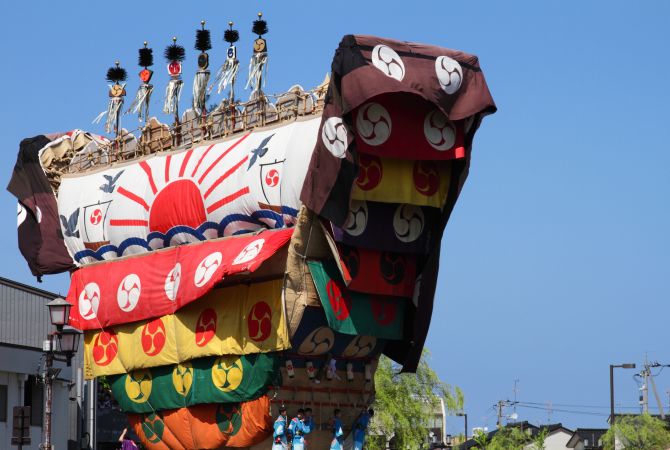
Magnificent scenery
For a breathtaking view of terraced rice paddies, don't miss a visit to the Senmaida rice fields just north of Wajima. At night, the rice paddies are lit up with strings of purple lights, giving it an otherworldly ambiance.


Agricultural tourism
If you have some time and would like to gain a deeper understanding of farm life on this rural peninsula, Shunran-no-Sato homestay programs focus on green tourism and sustainability. The programs provide unique opportunities to experience rice planting and rice harvesting, as well as mushroom hunting with local farmers.
A soak by the sea
Nearby to Nanao City is the hot spring resort town of Wakura Onsen . You will find it along the bay in the center of the peninsula. Here, large ryokan (Japanese-style inn) complexes are equipped with plenty of entertainment and karaoke. The most renowned of these is Kagaya, which ranks among the top 10 best ryokan in Japan. Wakura Onsen is a great spot to sample Japanese onsen culture, next to the calm oceanside of the eastern coast.

A visit to the morning market
The vibrant Wajima Morning Market dates back over 1000 years and offers fresh seafood, products, snacks, and the famous lacquerware of the area. Many of the vendors are elderly women known for their character and spirit. Just a short walk from the market is the Wajima Lacquerware Museum, where you can get a sense of the process of creating the highly valued Wajima lacquerware.























































